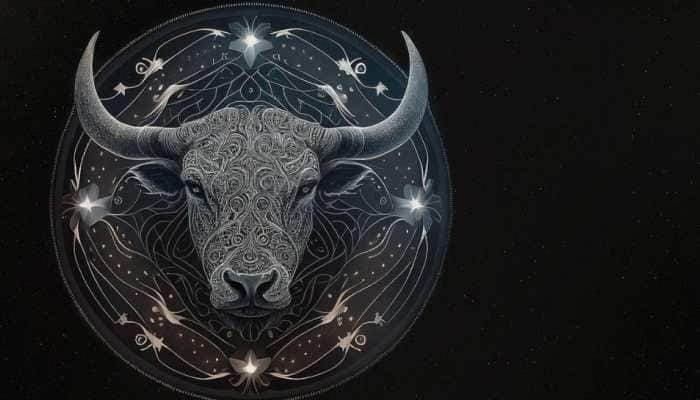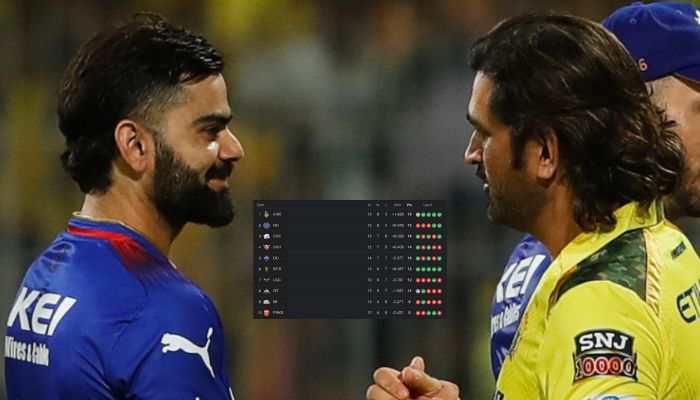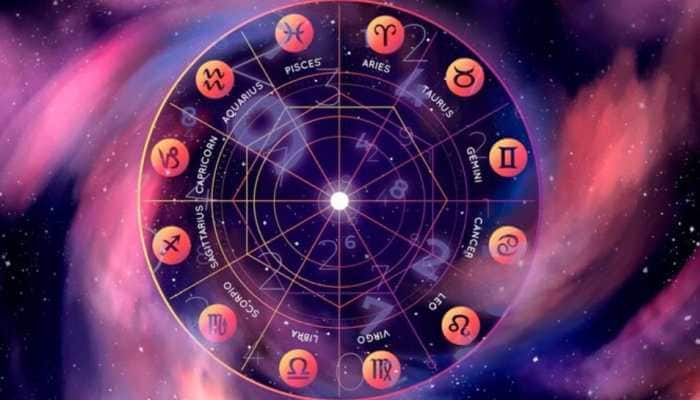HC Junks PIL For Kejriwal's Release In Alleged Liquor Scam Case
The HC said that the court cannot grant extraordinary interim bail in criminal cases only because the person involved holds a high office as everyone is equal before the law.
Trending Photos
)
New Delhi: The Delhi High Court on Monday dismissed with costs a public interest litigation by a law student seeking "extraordinary interim bail" for Chief Minister Arvind Kejriwal. The counsel for the AAP leader also opposed the PIL, asserting that Kejriwal was capable of pursuing legal remedy himself.
A bench headed by Acting Chief Justice Manmohan said the court cannot grant extraordinary interim bail in criminal cases only because the person involved holds a high office as everyone is equal before law.
"There should be no undertrial in custody according to you. Does the petitioner attend classes in college? Does the petitioner have good attendance? It seems he is not following principles of law," the bench, also comprising Justice Manmeet PS Arora, said about the petitioner, a law student.
Senior counsel appearing for Kejriwal opposed the petition and said it was filed for publicity.
Holding that the PIL was not maintainable, the court remarked that the AAP leader has the means to take steps to seek legal remedies and the petitioner holds no power of attorney to make statements and undertakings on his behalf.
"Person (Kejriwal) is taking steps in accordance with law. Who are you? You have some exaggerated notion of yourself. You say you have veto power. That you will give an undertaking (to ensure Kejriwal does not influence witnesses)," the court said, severely chastising the petitioner.
The court said the concepts of equality and rule of law were enshrined in the Constitution and Kejriwal was in judicial custody pursuant to court orders.
"You are presuming that if you are a politician, you will never be sent to jail. There is no immunity," the court said.
"Writ petition is dismissed with costs of Rs 75,000," the court ordered.
Senior advocate Rahul Mehra, appearing for Kejriwal, said it was an "ambush" litigation which was not maintainable and the petitioner has no locus standi.
Highlighting that the petitioner's father was heading a political party, Mehra added that the petition was politically motivated and filed for publicity.
The petitioner's counsel sought "extraordinary interim bail" for the Delhi chief minister on several grounds, including that his safety was in danger as he was confined with hardcore criminals.
He said since decision making in the Delhi government was being hampered on account of non-availability of its "head", Kejriwal should be released.
The court said it has already given its opinion on Kejriwal continuing as the chief minister despite his arrest and that the matter fell within the executive's domain.
"We have earlier said at times personal interest has to be subordinate to national interest. It is the personal call of the chief minister. We are not here to advise anyone. It is not for us," the court stated.
It said the petitioner's claim that he has the "veto power" to give concession was "odd" and his offer to extend a personal bond in favour of the politician to ensure that he does not tamper with evidence upon his release was "even more strange".
"He does not want any help of yours. Who are you? You are member of the United Nations? You have veto power? If you have decided (to grant interim bail), why have you come (to court)?" the court asked the petitioner and questioned his locus standi to file the PIL.
The PIL said the petitioner has "decided, by using his 'veto power', to release on extraordinary interim bail" Kejriwal in all the criminal cases lodged by the ED and CBI against him till the completion of his tenure and the trial.
The PIL said to fulfil the responsibilities of the chief minister, Kejriwal's physical presence was required in his office and home to take quick decisions on all issues and to pass orders in the welfare of the public at large.
The petitioner mentioned his name as "We, the people of India" in the plea, claiming that he does not want to earn any name, fame or money from the matter.
Live Tv







)
)
)
)
)
)
)
)
)
)
